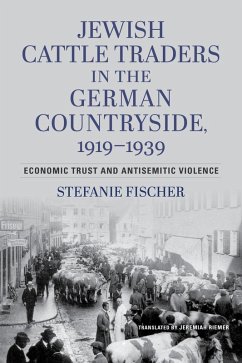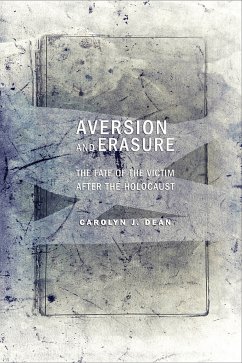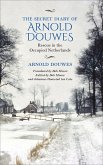Jewish Cattle Traders in the German Countryside, 1919-1939, explores the social and economic networks in which this group operated and the informal but durable bonds between Jewish cattle traders and farmers that not even incessant Nazi attacks could break.
Stefanie Fischer combines approaches from social history, economic history, and sociology to challenge the longstanding cliché of the shady Jewish cattle dealer. By focusing on trust and social connections rather than analyzing economic trends, Fischer exposes the myriad inconsistencies that riddled the process of expelling the Jews from Germany.
Jewish Cattle Traders in the German Countryside, 1919-1939, examines the complexities of relations between Jews and non-Jews who were engaged in economic and social exchange. In the process, Fischer challenges previous understandings of everyday life under Nazi rule and discovers new ways in which Jewish agency acted as a critical force throughout the exclusionary processes that took place in Hitler's Germany.
Stefanie Fischer combines approaches from social history, economic history, and sociology to challenge the longstanding cliché of the shady Jewish cattle dealer. By focusing on trust and social connections rather than analyzing economic trends, Fischer exposes the myriad inconsistencies that riddled the process of expelling the Jews from Germany.
Jewish Cattle Traders in the German Countryside, 1919-1939, examines the complexities of relations between Jews and non-Jews who were engaged in economic and social exchange. In the process, Fischer challenges previous understandings of everyday life under Nazi rule and discovers new ways in which Jewish agency acted as a critical force throughout the exclusionary processes that took place in Hitler's Germany.
Dieser Download kann aus rechtlichen Gründen nur mit Rechnungsadresse in A, D ausgeliefert werden.









